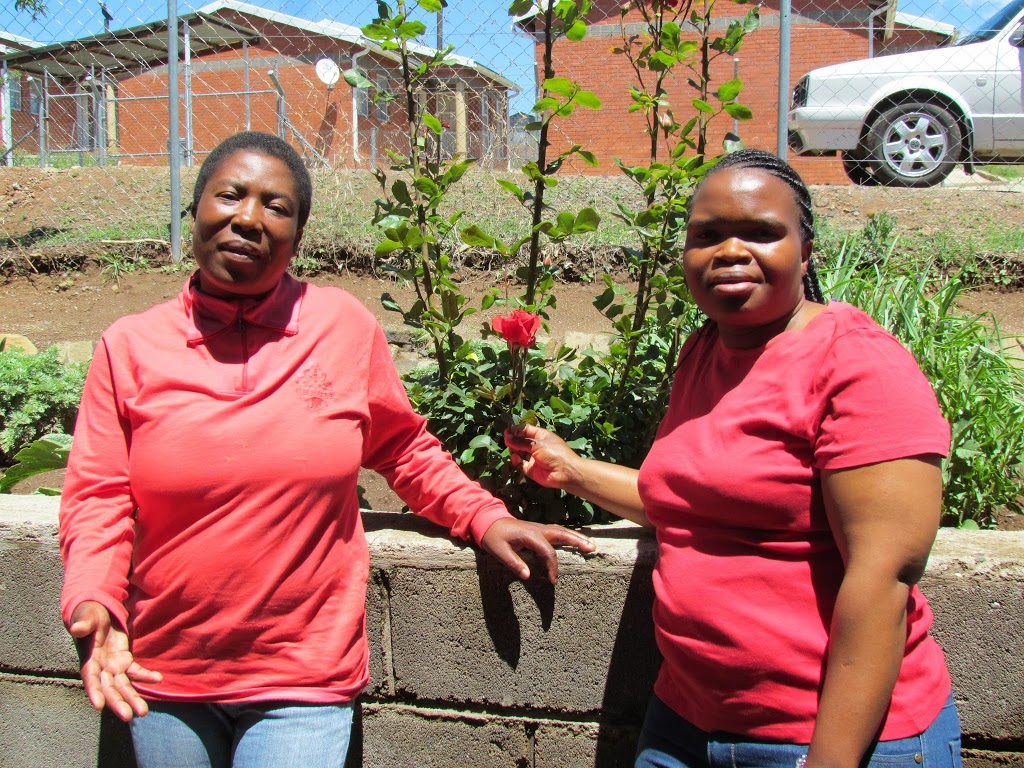I remember the world before HIV became part of our vernacular.
My first memory of HIV is the story of Ryan White, a child close to my own age, fighting discrimination and misunderstanding and creating a voice for persons, especially children, living with HIV and AIDS. I remember outrage; I remember fear and I remember, to a lesser extent, support.
I remember, 10 years later while working at a hospital in the US, encountering a teenage girl diagnosed with HIV and Tb. She was the first person I met living with HIV; I now realize that she was dying from AIDS.
Off and on throughout my healthcare career, I occasionally encountered people of all ages living with various stages of HIV and AIDS. However, I did not fully comprehend the devastation wrought by this virus until I arrived in Sub-Saharan Africa in 2011. There is no person here unaffected by HIV; the virus does not discriminate, though the impact is most keenly felt among the world’s destitute.
Regularly, I witness an already taxed healthcare system struggling to cope with the increased demands of HIV. I witness insufficient resources in every sense of the word: a scarcity of doctors and nurses; a scarcity of medication; a scarcity of medical supplies; a scarcity of clinics, health centers and hospitals; a scarcity of knowledge and power. When I first arrived here from a place characterized by consumerism and excess, I was judgmental and I perceived apathy on the part of the health workers. “Why aren’t they doing more? Why don’t they care?” were my silent accusations and questions. Having lived and worked in this resource poor setting for some time, I now realize that the apathy I perceive is more insidious; it is a global apathy towards the world’s impoverished. HIV is exacerbating the situation.
This global indifference is felt most acutely by the infant whose mother died unnecessarily in childbirth, it is felt by the caregiver who arrives at a health facility after hours of travel only to learn that life-saving medication is not available, it is felt by the nurse or doctor who determines treatment based not on the best interest of the patient, but on the prudent use of limited supplies. I feel it as I struggle to make sense of this dichotomous world. I feel it every time I witness the senseless death of a child served by TTL; however, my questions and accusations have shifted, “Why aren’t we doing more? Why don’t we care?”
There is a philosophy in Lesotho, “Motho ke motho ka batho.” This Sesotho phrase translates to, “A person is a person through other people.” This is the language of the interconnectedness of all living things; the language of faith in humanity. It is the ethos that brings the Basotho together to care for one another; it is a life of resilience and unity. It is the giver of hope to those silenced by poverty and oppression, and to me.
It is my wish for World AIDS Day, for everyday, that this belief be understood and embodied by all of humanity. It is my wish that we all identify with and choose a life of global solidarity. In the brave words of one of my Masotho co-workers, “My plea is that a cure for HIV/AIDS be found. It is killing us, especially those living in developing countries. I am realizing that one day it would be like a history that the Basotho nation once existed.”
 |
| Outreach Staff, Bo’M’e Kokonyana and Mantja |
 |
| Safe home kiddos, ‘M’e Mapoloko and ‘M’e Maliphoofolo |
 |
| Safe home and administrative staff in red for World AIDS Day |
The TTLF Fellow is a representative of the North American organisation The Tiny Lives Foundation. Based for one year in Mokhotlong, Lesotho, the TTLF Fellow serves in an administrative support capacity for the Basotho charity TTL.


0 Comments